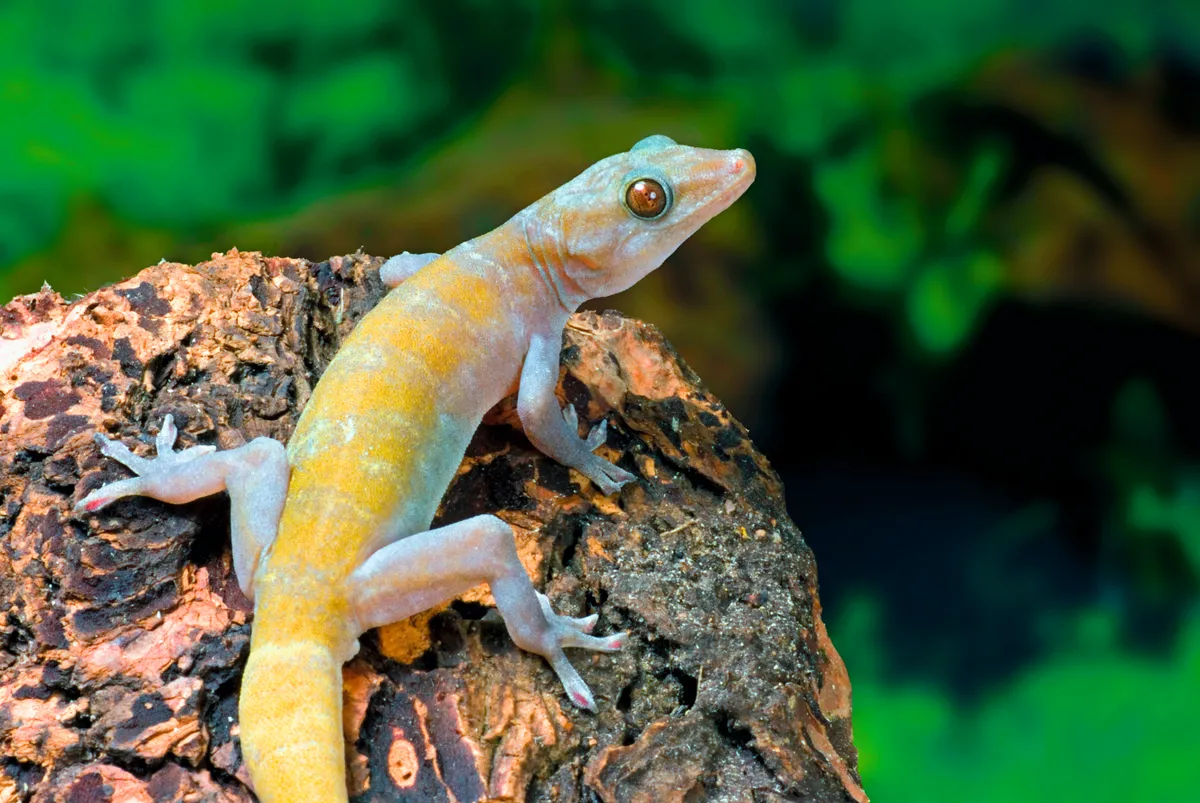The public’s health is being put at risk by the millions of live wild animals being legally imported into the UK from emerging disease hotspots, which are then sold as exotic pets, according to the global animal welfare charity World Animal Protection (WAP).
Using a Freedom of Information request to the Animal and Plant Health Agency, an agency of Defra, researchers found that between 2014 and 2018, more than three million animals were imported into the UK to supply the exotic pet trade, one of the major commercial purposes for importing live wild animals.

These animals included African pygmy hedgehogs, snakes and tortoises. Many of these animals were taken from countries that are considered to be emerging disease hotspots – Cameroon, El Salvador and Indonesia, for example.
According to WAP, importing animals in such numbers risks the spread of diseases caused by harmful viruses, bacteria and parasites introduced into new environments.
“The wildlife trade is a lethal hotbed of disease, because it brings wild animals with immune systems weakened by the stress of captivity, and transport in unnatural proximity to other animals, into close contact with people, often in unsanitary conditions,” says Peter Kemple Hardy, wildlife campaign manager, WAP.
The World Health Organisation estimates millions of deaths occur every year from diseases spread to humans from animals.
A Defra spokesperson says, “The UK is a world leader in wildlife conservation, both at home and abroad. We have strict measures in place to protect animals imported into the country and prevent the spread of diseases.”
“Well-managed trade can bring important benefits, contributing to livelihoods and economies across the globe. We remain fully committed to ensuring that any trade in wildlife is safe, sustainable, legal, and adheres to high standards of welfare.”
Dr Neil D’Cruze, head of wildlife research, WAP, states: “Even with the best bio-security measures in place, there are still questions about what diseases are being looked for, how new and emerging diseases are being monitored and how we deal with individual animals that are imported but are asymptomatic. Given the health risks, it’s time for a re-evaluation of the commercial use of wildlife.”
Read the full paper in Animals.
Main image: Fischer's Lovebird, Pavel Chonya, Lake Naivasha, Naivasha, Great Rift Valley, Kenya. © Education Images/Universal Images Group/Getty
